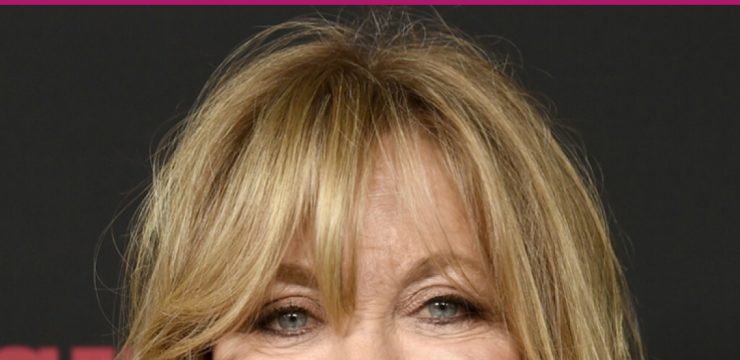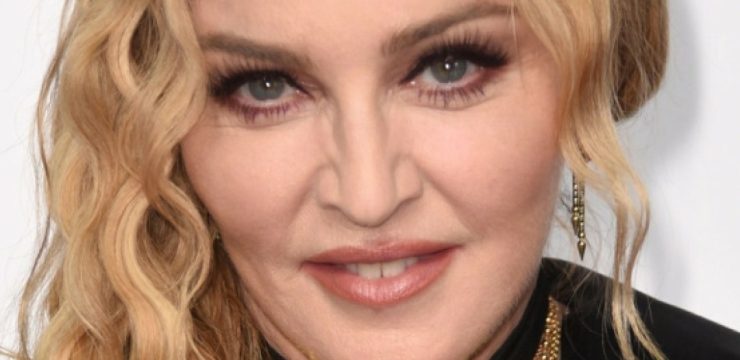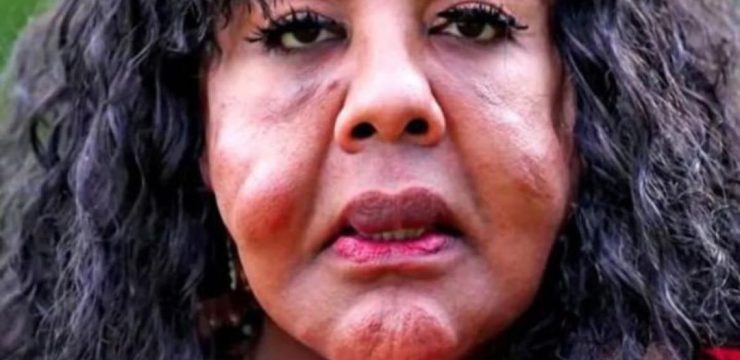Sally Struthers captured the hearts of millions when she appeared on American television in the early 1970s, skyrocketing to fame with her role as Gloria Bunker Stivic in the groundbreaking sitcom “All in the Family.” The show, created by Norman Lear, broke numerous television taboos with its honest, and often controversial, take on social and political issues. Sally’s portrayal of Gloria, the outspoken and spirited daughter of Archie and Edith Bunker, was praised for its depth and authenticity. Her ability to bring such complexity to the character helped reshape the image of women on television at the time. Sally earned two Emmy Awards and received several Golden Globe nominations for her work on the show, cementing her place as one of television’s most talented actresses. But behind the success, accolades, and widespread recognition, Sally Struthers’ life was marked by both personal triumphs and emotional hardships that shaped the woman she would become.

Long before she found stardom, Sally experienced a profound personal tragedy that had a lasting impact on her life. When she was just 20 years old, her father passed away. The pain of losing a parent at such a young age was devastating and left a deep emotional scar. Her father’s death didn’t just affect her personal life—it also influenced how she connected to the roles she played and the relationships she formed in her career. The absence of a paternal figure during such a formative period in her life made her relationship with Carroll O’Connor, who played her on-screen father Archie Bunker, especially meaningful. Off-screen, Carroll became a trusted confidante and mentor to Sally. Their bond went beyond the script and studio lights. Carroll’s wisdom, patience, and genuine care gave Sally a sense of comfort and guidance that she had deeply missed after losing her own father. Their father-daughter dynamic on the show was one of the most beloved elements of “All in the Family,” and much of that magic was drawn from their real-life closeness.
While her professional career was blossoming, Sally also experienced major milestones in her personal life. During her time on the show, she married psychiatrist Dr. William Rader. Together, they welcomed a daughter, Samantha, and Sally embraced motherhood with open arms. Her joy in becoming a mother was immense, and she often described Samantha as the light of her life. Despite her best efforts to maintain a happy home, her marriage eventually ended in divorce. Though the dissolution of her marriage was painful, Sally never let it affect her role as a mother. She remained unwavering in her devotion to Samantha, raising her with love, warmth, and a fierce sense of protection. Even as she juggled the demands of fame, public appearances, and acting roles, Sally prioritized her daughter above all else. Their bond became a central pillar of her life, offering her both purpose and strength during difficult times.
Following the massive success of “All in the Family,” many actors would have been content to stay in their comfort zone, enjoying the benefits of fame and typecast roles. But Sally Struthers wasn’t interested in standing still. She actively sought out opportunities that would challenge her and allow her to expand her range as a performer. She took on new ventures in theater, appearing in several Broadway productions where her talent could shine in a different format. Her work on stage was well-received, showing a different side of her acting capabilities—one that wasn’t confined to a television set or a single character. Sally also made guest appearances on numerous television series throughout the years, continuing to show her versatility and commitment to the craft. Whether it was comedy, drama, or voice work, she embraced each opportunity with the same passion that had first made her a household name.
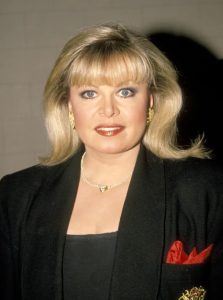
Her voice became familiar to a new generation when she lent it to animated characters in children’s series. This transition was a testament to her adaptability in an industry that often sidelines actresses as they age. In an era when many women in Hollywood struggled to find roles past a certain point in their careers, Sally broke the mold. She resisted being boxed into one role or one genre. Instead, she crafted a career that reflected her dynamic talents and her willingness to take risks. Through this, she remained not just visible, but relevant, in a fast-changing industry.
Yet, Sally Struthers’ impact goes far beyond the world of entertainment. One of the most defining aspects of her life has been her dedication to charitable work. Among her most passionate efforts has been her long-time support for Save the Children, a global organization focused on improving the lives of children in poverty. Sally’s involvement with the charity began during her early years of fame and continued for decades. Her voice and face became synonymous with the organization, as she frequently appeared in commercials and public service announcements urging people to sponsor a child in need. These were not just promotional appearances for Sally—they were deeply personal commitments. She traveled to developing countries, met with families, and used her platform to amplify voices that were often unheard. Her compassion and drive to make the world a better place for children spoke volumes about her character.
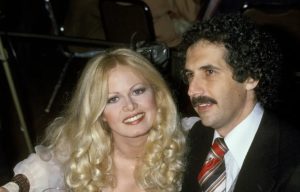
Sally’s charitable work wasn’t limited to one cause. Over the years, she lent her support to a variety of humanitarian efforts, always approaching each with sincerity and heartfelt dedication. Whether it was advocating for education, food security, or healthcare, Sally consistently put her time and resources where her heart was. In a celebrity culture often criticized for superficial activism, Sally Struthers stood out as someone whose commitment was genuine and enduring.
Despite facing the common challenges of fame—constant public scrutiny, typecasting, and the pressure to maintain a public image—Sally remained grounded. She often credited her upbringing in Portland, Oregon, as the source of her resilience and values. She never let stardom alter her core beliefs. Friends and colleagues described her as down-to-earth, empathetic, and sincere—a true professional who brought warmth and kindness into every room she entered. Her laughter was infectious, and her storytelling was legendary on set. Even when the cameras weren’t rolling, she had the rare ability to make those around her feel seen and appreciated.
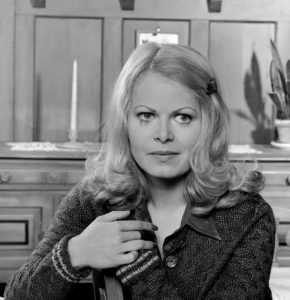
Today, Sally Struthers continues to be celebrated not only for her unforgettable performances but also for the kind of person she is. While she may no longer be in the spotlight as frequently, her legacy remains intact. Generations of viewers still connect with her portrayal of Gloria, and many credit her character as one of the first representations of a modern, independent woman on television. Her contributions helped pave the way for more diverse and empowered female roles in the entertainment industry.
What makes Sally’s story so inspiring is not just her talent, but the humanity she’s shown both in and out of the limelight. She faced personal loss, navigated the ups and downs of marriage and parenthood, battled the limits of typecasting, and used her influence to support causes greater than herself. Through it all, she never lost her sense of humor, her passion for performance, or her deep empathy for others. In a world where celebrity often equates to self-interest, Sally Struthers is a refreshing reminder that fame can be a tool for good, that artistry can coexist with compassion, and that true success isn’t just measured in awards, but in the lives one touches along the way.
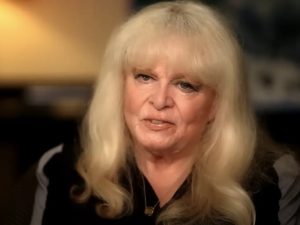
As fans look back on her career, they remember not only her groundbreaking role on one of television’s most iconic shows but also the integrity with which she lived her life. For aspiring actors and anyone seeking to balance personal challenges with professional aspirations, Sally’s journey offers a powerful example of resilience, kindness, and purpose. She remains, to this day, a beloved figure in the entertainment world and a symbol of what it means to lead with both heart and talent. Sally Struthers may have played a daughter on screen, but to many, she became much more: a role model, a humanitarian, and a timeless voice in American television history.
